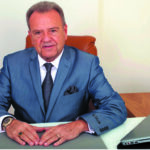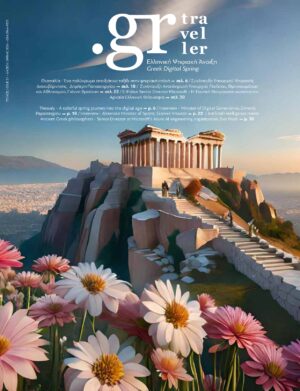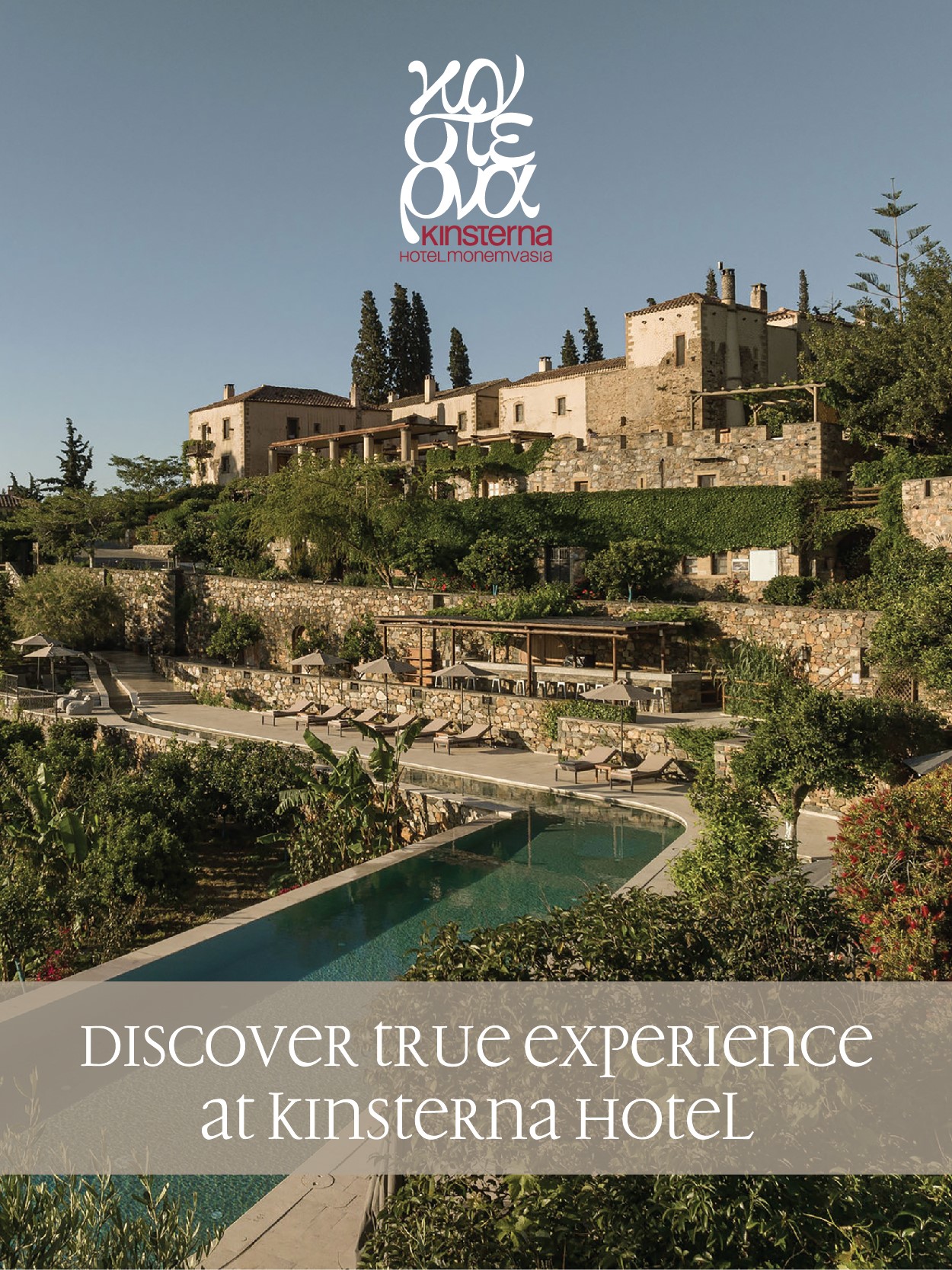Humanity is ageing, with around 1 billion people over the age of 60 today, projected to reach 2 billion by 2050, and children born in the 21st century have more than a 50% chance of living beyond the age of 100, and as the elderly increase in number, their lifestyles are changing. They stay healthy for longer, are more affluent than younger people and travel more often.
At the same time, people with health problems are increasingly choosing to seek treatment in other countries, or to combine treatment with holidays in popular tourist destinations and enjoy a personalised service offered with kindness, understanding, discretion and pure hospitality.
The 3rd age tourism (silver tourism – 55 plus tourism) includes people over 55 years old up to 84 years old, which is the average age limit, but it is imperative to take care of the 4th age people (golden tourism) after 84 years old, which is required by the longevity and longevity of the residents of Ikaria, Krestena, Sardinia, China, the Caucasus, Okinawa, Nicoya (Costa Rica) and Loma Linda (California).
3rd and 4th age tourism refers to two broad categories of visitors, firstly, tourists who spend a few days on holiday and secondly, those who enjoy a long-term stay, renting or buying a home. In the first category, 18% of Euro-Pacific tourists in 2014 were over 65 years old and it is projected to be 26% in 2030 and 32% in 2050. The second category (snowbird tourism) includes long-term tourists who rent or buy a house in their destination and is growing and includes mainly retirees from wealthy northern countries who choose to spend the winter in southern, warmer climates.
7.3% of adults in Europe say they would like to move to Southern Europe after retirement, compared to 9% in Germany and 15.3% in England. A further 120,000 Britons over 65 are currently living in Spain and 120 million will retire in the next 20 years. Europeans, who are estimated to target Southern Europe for about 2.7 million. holiday homes.
Greece, with a target of only 15% of the market, must dispose in the next 20 years 400,000 homes for sale or long-term lease in order to have an increase of 5 billion euros in GNP and the creation of 60,000 new jobs, seeking also the transfer of their pension in accordance with the planned new legislation for the introduction of strong tax incentives, expecting an increase in consumption without negative effects on the current account balance.
Greece needs to play a leading role in 3rd and 4th age tourism by taking the necessary measures to significantly improve it: 1) the services and service infrastructure, 2) licensing medical services within the tourist infrastructure, 3) to facilitate the procedures for approving visas for long stays, 4) to promote specialised education – training programmes for the staff involved, 5) to create clusters in each destination that wishes to become a tourism destination, 6) create destination branding & marketing for each destination, 7) provide extensive technical assistance and support to municipalities to attract private capital investment; and 8) rational targeting of the market and segmentation of 3rd and 4th age tourism.
Eurostat estimates that the average European will remain healthy for 8.3 years after the age of 65 but also productive, which is why global giants Apple, Netflix, Google, Dell, Philips and BMW are re-employing older people by investing in the know-how, experience and crisis management capacity by recognising the knowledge and skills of people with grey temples, offering flexible working hours and physical and mental well-being holidays.
Greece is the 7th most popular destination for 3rd and 4th age tourists interested in new personalised products and nursing and support services in Long Term Care (L.T.C.) collaborative investments.) such as “smart homes”, well-being homes, retirement villages, non-conventional nursing homes and care hotels to enjoy independent, autonomous and assisted living 24/7 in wellness and health infrastructures and of course with huge prospects targeting the purchase of 20,000 properties per year by foreigners and 2/3 of them newly built.
New trends in luxury-driven tourism and the desire of tourists to get in touch with local cultures, respecting the environment, participating in something bigger than a simple trip, with a conscience of luxury. Bio-architecture, conservation projects, initiatives to use plastic-free products, attempts by hotels to offset carbon emissions, are some of the main issues to be addressed. Detox trips are a kind of detox and smoking cessation journey that helps to get rid of daily stresses and bad habits to ensure longevity and well-being. Divorce travel is one of the biggest trends as many people seek such trips after a divorce in order to cope with this turmoil in their lives.
Somatic transformation journeys are a different kind as they involve intense endorphin pumping activities, using them as tools for transformative self-improvement with a suggested direction of authenticity. Personal fulfilment and self-improvement achieved through such experiences are now a priority for luxury travellers and one of the megatrends of 2020 as they deepen and seek new experiences, making the term “transformative travel” a benchmark for the travel industry.
KONSTANTINOS KOUSKOUKIS
PROFESSOR OF DERMATOLOGY, LAWYER, PRESIDENT OF THE GREEK ACADEMY OF SPA MEDICINE, PRESIDENT OF THE GREEK HEALTH TOURISM ASSOCIATION, PRESIDENT OF THE WORLD ACADEMY OF CHINESE & COMPLEMENTARY MEDICINE
Email konkouskoukis@gmail.com



















